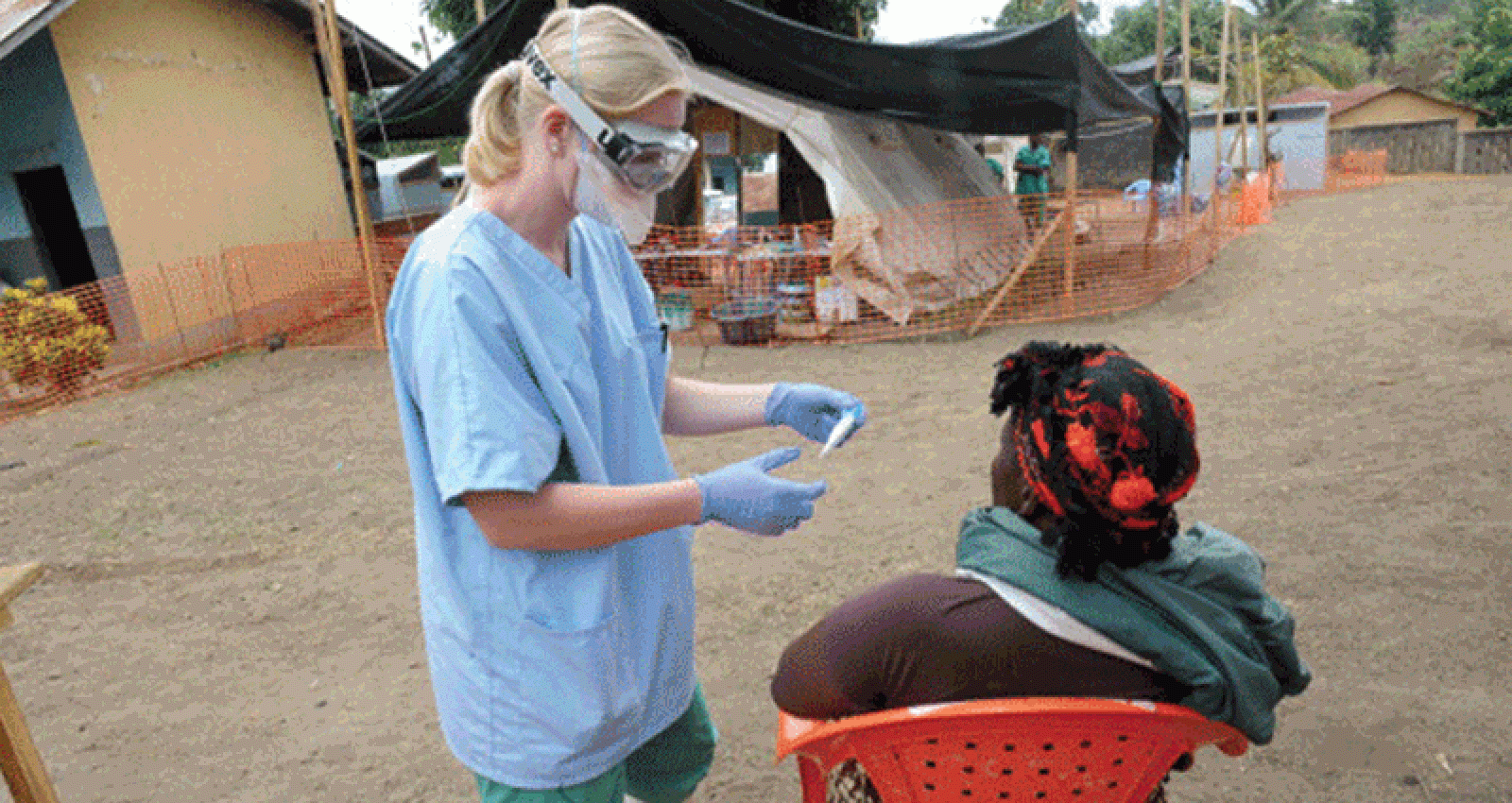As the death toll from the latest Ebola epidemic passes 900, West African governments, with support from the international community, are mounting a comprehensive regional effort to respond to the outbreak. We have reviewed recent IEG evaluations on the World Bank Group’s support to different global crises (financial, food security, and health) in order to identify key lessons for an effective response. Our most relevant work is the review of the WBG response to the avian influenza, discussed in an earlier blog.
We have gleaned the following 10 key lessons to enhance the development effectiveness of project support from the international community in response to the Ebola epidemic.
- Weaknesses in health systems are a major contributing factor to disease risk, especially from the lack of trained and equipped medical personnel, contract tracing capacity, sample collection and transport capacity, laboratory diagnostic capacity, and intensive care units with isolation capacity. The crisis response should support not only immediate emergency interventions but also medium-term risk reduction through public health system strengthening, recognizing that future opportunities to engage may be limited once the crisis has passed.
- Capacity building efforts should be done in a way that are relevant to more than just a single disease, and should consider from the outset means to build sustainable systems that last beyond the current emergency. This would likely include support for animal health and veterinary systems, in addition to public health systems, and for managing other zoonoses and infectious diseases.
- Develop a strong and effective partnership platform to coordinate the diverse support from different international actors, within the WHO-led strategic framework approved last month. Partners should focus on their specific areas of comparative advantage – for the World Bank Group, this would include building public health system capacity.
Complement national level investments with regional approaches for cross-boundary collaboration on regional public health goods, particularly in the areas of surveillance and monitoring. However, efforts to try to prevent disease transmission through border control may be ineffective, especially in countries with weak border control services and porous land borders.
- Communication and awareness campaigns and outreach play an important role in responding to disease outbreaks, especially in areas where the population may have little information about the disease, its transmission mechanism and safe behaviors, and where people may be skeptical of medical interventions. Communication training for key public officials can be useful, as can efforts to engage with the news media to reduce misinformation and overly alarmist messages.
- Hit the right balance between responding quickly and conducting the necessary technical analysis and project preparation to ensure effective design of interventions. Postponing important technical design work until after project approval can lead to costly delays to the startup of project activities and the procurement of critical goods and services.
- Balance investments in physical infrastructure, such as laboratories and equipment, with institutional development and capacity building, to ensure that sufficient capacity exists to use and sustain the infrastructure technically and financially.
- The procurement of specialized laboratory equipment and other supplies can be complicated and time-consuming – it is essential that implementing agencies of governments and regional economic communities have strong institutional capacity to fast-track procurement and manage project implementation.
- Monitoring and evaluation system design should not be neglected in the rush to provide a rapid response. Intermediate outcome indicators that track the performance of particular functions (surveillance, sample collection and transport, diagnosis, treatment, etc.) against benchmarks are essential to assess implementation performance and readjust plans in response to real-time developments. Surveys should assess behavioral practice, not just knowledge.
- Preventative epidemiology, including effective disease reporting systems, is a necessary means of identifying and tracking disease outbreaks. Contact tracing of infected individuals is urgent to guide responses to outbreaks. Many serious zoonotic diseases have significant reservoirs in wild animals, such as bats or birds, and the threat level posed by these diseases may be poorly understood without surveys of wild populations in the medium term.
The international community is poised to help West Africa contain the spread of Ebola infection, cope with the humanitarian and economic impacts of the crisis, and improve public health systems. We evaluators have an important role to play in sharing knowledge on what works and what doesn’t, and why -- do you have other important lessons to flag to help the governments, regional organizations, and development partners get this right?



Comments
Add new comment